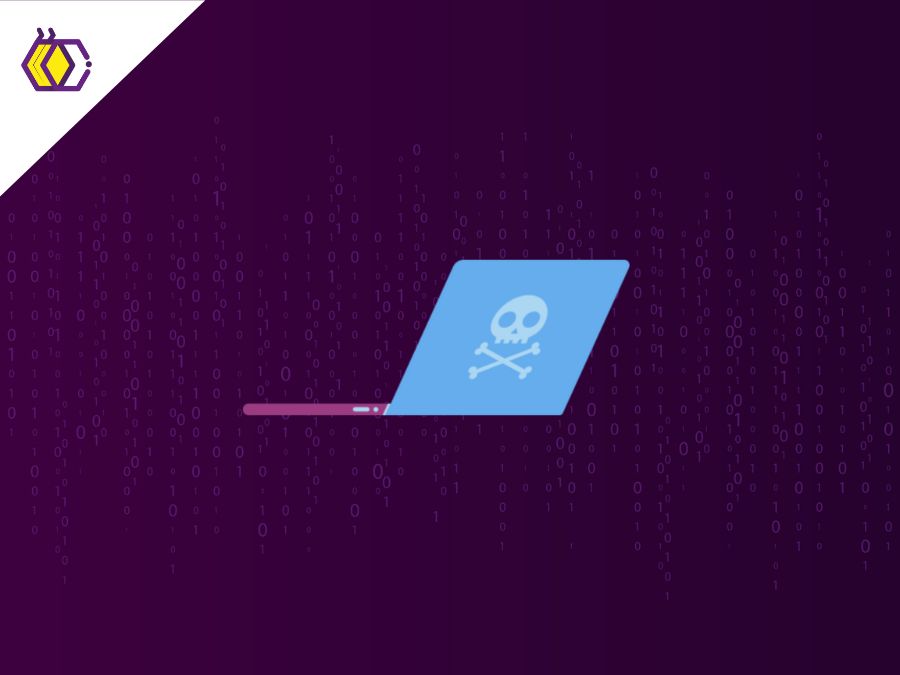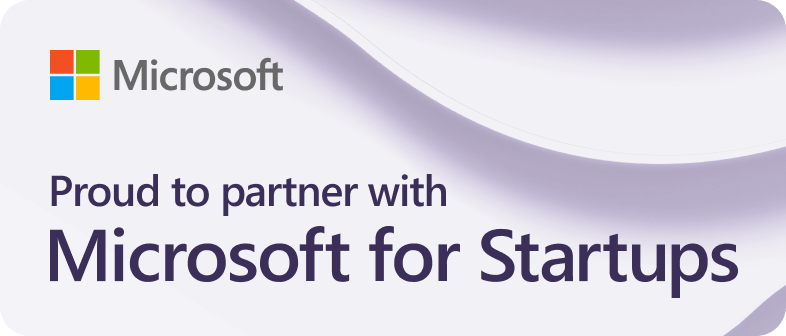
Ruby
(7 minutes of reading) Ruby is an increasingly popular programming language loved by many developers. It is a powerful, object-oriented language that can be used to create web applications and other software tools. Ruby is incredibly powerful and has been used to build a wide variety of applications. It offers simple syntax, object-oriented features, and dynamic typing features that make it popular among developers. Whether you're looking to learn the fundamentals of coding, or you're already an experienced programmer looking to expand your skill set, Ruby is an excellent choice to master. Therefore, in this article, we will discuss the basics of Ruby, such as its syntax, variables, classes and much more. WHAT IS RUBY? Ruby is a dynamic, open-source programming language that has gained popularity over the years due to its simplicity and flexibility. It was created in the mid-1990s by Yukihiro Matsumoto and since then it has been used for various purposes such as web development, data analysis, automation, among others. Ruby's syntax is easy to learn and read, making it an excellent choice for beginners looking to dive into the world of programming. One of Ruby's unique features is its strong typing system. This means that variables are typed at runtime, which makes it easier for developers to write code with fewer errors. Additionally, Ruby supports scripting that lets you run code line-by-line without having to compile an entire program first. This feature makes it ideal for quickly building prototypes or testing new ideas before committing substantial resources. WHAT ARE THE MAIN CHARACTERISTICS OF THIS LANGUAGE? Ruby is a popular web development framework that has been around for over a decade. It is known for its Model-View-Controller (MVC) architecture, which helps organize code in a logical and efficient manner. One of the main features of Ruby is Active Record, an object-relational mapping (ORM) system that allows developers to access databases using Ruby syntax. In addition to MVC and Active Record, Ruby also emphasizes convention over configuration. This means that instead of writing a bunch of boilerplate code, developers can rely on pre-established conventions to get things done quickly and efficiently. For example, Ruby uses a standard folder structure to automatically organize files and map URLs based on the names of controllers and actions. RUBY: 5 REASONS YOU SHOULD LEARN Ruby is a powerful, versatile language that is easy to learn and use. Its syntax is intuitive and concise, which allows developers to write code with fewer lines than other languages, while still producing high-quality applications. It also has the support of an active community that is always willing to help each other. And if you, after everything you've seen so far, want to venture into this programming language, we'll give you 5 excellent reasons to learn Ruby and all its infinite possibilities. Let's go? 1) GUARANTEED FUN Are you looking for a fun and enjoyable way to learn a new skill? Just learn Ruby, the programming language known for its simplicity and elegance. With its intuitive syntax and easy-to-read code, Ruby is one of the easiest languages to learn, making it perfect for beginners. In addition to being easy to learn, Ruby also offers a wide range of benefits that make the learning process more enjoyable. For starters, with Ruby's robust community and the vast resources available online, you'll always have access to helpful tips and tricks, as well as support from other users. Furthermore, unlike some other programming languages which can be tedious or frustrating to use, coding in Ruby is an incredibly satisfying experience that will leave you feeling accomplished after every successful line of code. If you're someone who loves to write in English or just enjoy expressing creativity through language, learning Ruby might be particularly appealing to you. 2) ONE OF THE 10 MOST TAGGED LANGUAGES ON GITHUB Ruby was recently ranked as one of the top 10 most tagged languages on Github. According to the TIOBE Index, which ranks programming languages based on their popularity among developers worldwide, Ruby has secured its spot among the likes of Java, Python and JavaScript. With over 270 languages on Github alone, that's saying something for Ruby. As the tenth most tagged language on Github with over a million repositories created by developers worldwide, Ruby has shown remarkable growth since its inception in 1995. Its simplicity and ease of use have made it one of the favorite choices for projects of web development. Furthermore, its open-source nature allows users to easily contribute and improve existing code bases. Ruby's rise in popularity can also be attributed to the growing demand for back-end web development solutions. 3) IDEAL FOR BEGINNING PROGRAMMERS If you are a beginner programmer looking for an ideal programming language, Ruby might be the perfect choice. One of the reasons Ruby is an excellent choice for beginning programmers is its simplicity. This coding language has a simple syntax that is easy to understand and learn, making it less daunting for those just starting out in programming. Another advantage of Ruby is that it's designed for beginners, which means there are plenty of resources available online to help you get started. You can find lots of tutorials and articles on how to code with Ruby, as well as online forums where you can ask questions and get help from other developers. With all these resources at your disposal, learning to program with Ruby doesn't have to be difficult or exhausting. Furthermore, Ruby isn't just accessible to beginners – it's also a versatile language that can be used for a variety of applications, such as web development and game design. 4) RoR Ruby on Rails, or simply RoR, is a powerful framework that has become increasingly popular with web developers. Built using the Ruby programming language, RoR is an open-source framework that provides developers with a vast collection of libraries to help them build complex web applications quickly and easily. Its popularity can be attributed to its ease of use and versatility. RoR is often referred to as the "big enabler" because it does most of the work for you. By providing a set of conventions and guidelines for organizing code, RoR makes it easier for developers to build scalable and maintainable applications. This means developers can spend less time worrying about low-level details and more time focusing on creating great user experiences. RoR's library collection also plays a significant role in its popularity. Libraries provide developers with pre-built solutions to common problems such as authentication, database management, and email handling. 5) RUBY IS ONE OF THE LANGUAGES SUPPORTED BY BEECROWD Do you want to practice Ruby programming? This is one of the 27 programming languages supported by the beecrowd platform. Go there and rock! What did you think of our article? Be sure to follow us on social media and follow our blog to stay up to date!
Share this article on your social networks:
Rate this article:
Other articles you might be interested in reading
- All (185)
- Career (38)
- Competitions (6)
- Design (7)
- Development (112)
- Diversity and Inclusion (3)
- Events (3)
- History (15)
- Industries (6)
- Innovation (38)
- Leadership (8)
- Projects (23)
- Well being (18)

Cloud Computing and Digital Transformation and Social Impact
(5 minutes of reading)
In recent years, we have witnessed a quiet revolution that is fundamentally reshaping the way we live and work. At the center of this transformation is cloud computing, a technological innovation that transcends physical limits and opens up new horizons of possibilities. This text will talk about this subject that is transforming the IT area. Come read!...

Tech in Education
(9 minutes of reading)
In the contemporary educational landscape, technology plays an increasingly crucial role, revolutionizing not only the way students learn, but also how educators teach. As we adapt to a digitally connected world, new trends are emerging that promise to further transform the way education is designed and delivered. Come read this text to learn about the latest trends in educational technology and explore their impact on student development and the evolution of teaching. Come with us!...

Ethical Software Development
(5 minutes of reading)
Developing software is a complex activity that goes far beyond simple coding. It involves a meticulous process of planning, design, implementation, testing and maintenance to create reliable, efficient, and secure systems. However, in addition to seeking functionality and performance, developers must also carefully consider the ethical aspects of the software they are creating. In this text we will talk about ethics and responsibility when developing software. Come read!...

Balance Between Professional and Personal Growth
(6 minutes of reading)
In a world driven by the constant search for professional success, we often find ourselves immersed in our careers, forgetting the fundamental balance between professional and personal growth. As we dedicate hours to coding, solving problems, and advancing our technical skills, it's essential to remember that our journey as human beings go beyond the lines of code. Come read our text and see super cool tips on how to achieve this balance!...

How to Highlight Programming Competition Awards on your CV
(6 minutes of reading)
In a field as dynamic as software development, it is crucial to stand out from the crowd. An exceptional way to do this is through recognition and awards won in competitive programming competitions. In addition to demonstrating your superior technical skills, these awards attest to your ability to solve complex problems, collaborate as a team, and deliver exceptional results under pressure. Today we will talk about the curriculum and competitions, are you interested? Come with us!...

Open Source and Collaboration
(5 minutes of reading)
If you're ready to start exploring the world of open source, be aware that you will encounter many learning opportunities and challenges. Collaboration is at the heart of this environment, driving innovation and influencing the direction of technology. Come read our text to find out more about this subject!...

 Innovation
Innovation 

